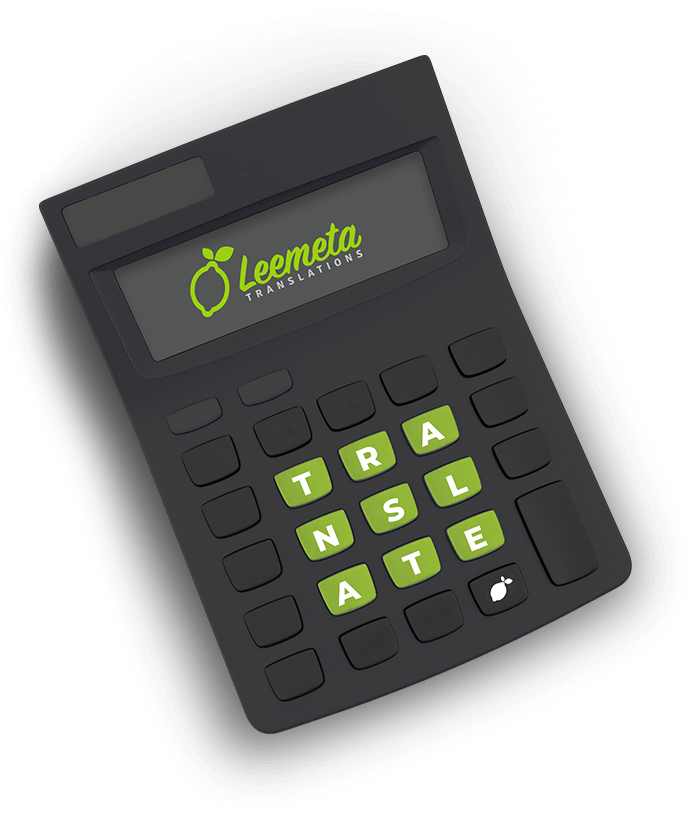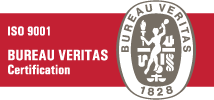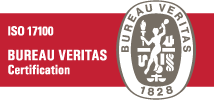Which letters are most commonly used in German? Which key on the keyboard gets hit the most? We’re pretty sure everyone has pondered at some point: which letter is the most frequently used? Some statistics suggest the frequency order is ENISRADTH, others say ENIRSTADU. Just like in English, it appears that E is the most used letter in German. Accordingly, the E key on the keyboard is the most frequently pressed. But is it really the most used key?
How Can Letter Frequency Be Measured?
Based on keywords listed in the official spelling dictionary (Duden), the most frequent letters in German are:
- E = 13.3%
- N = 8.3%
- R = 8.1%
- I = 7.4%
- S = 6.6%
- T = 6.7%
- A = 6.5%
- L = 5.0%
- H = 4.6%
- U = 3.9%
- G = 3.5%
- O = 3.4%
That means around one-third of all words contain the letter E, and half contain N. The least used letter is Q, showing up only 0.08% of the time. However, this list doesn't reflect how frequently letters appear in actual written or spoken texts, since common words like “der,” “die,” “das,” “und,” “an,” and “auf” show up far more often. Rare words like Yttererden are counted the same as Haus, which can skew perception. Interestingly, S and T occur with almost identical frequency.
Scrabble Scores for Letters
Now that we know which letters are common, let's look at the least-used letters and how they’re scored in the popular game Scrabble. There’s an interesting discrepancy between usage frequency and point value.
The least-used letters in German are: W, Ä, Ü, Ö, Y, ß, J, X, Q. Here’s how they score in Scrabble:
- W – 3 points
- Ä – 6 points
- Ü – 6 points
- Ö – 8 points
- Y – 10 points
- ß – not assigned
- J – 6 points
- X – 8 points
- Q – 10 points
Which Key Is Used Most?
In German texts, the E key truly is the most used key. However, in English texts, the space bar takes the crown. That’s because English words are generally shorter, making spaces appear more often than any individual letter. In contrast, German’s longer words give “E” the edge, making it the undisputed typing champion—at least in German.












